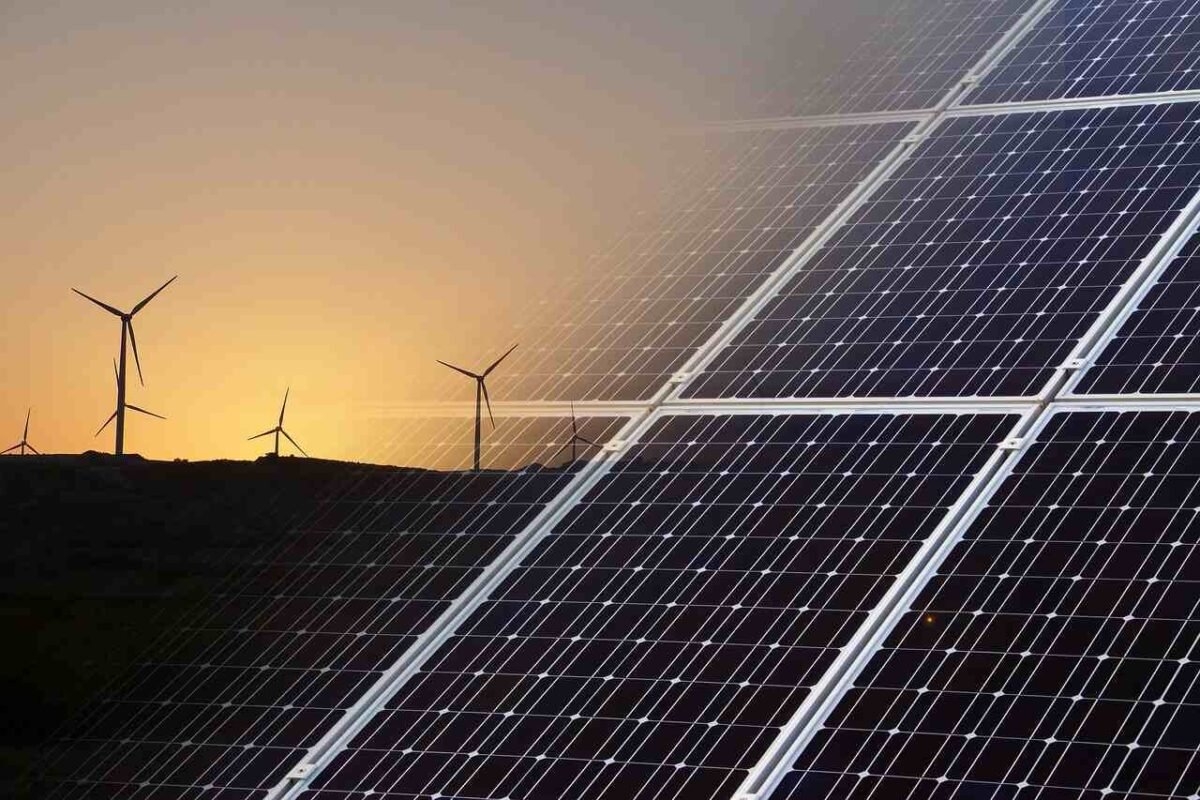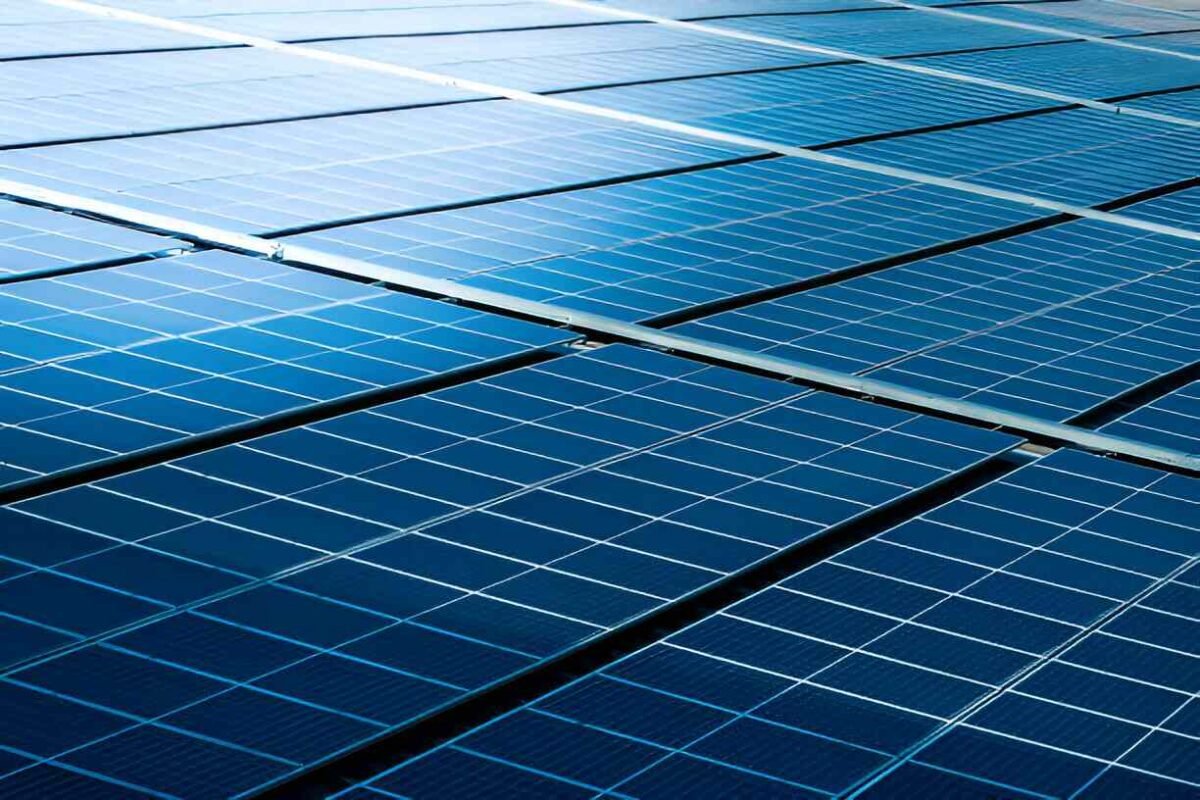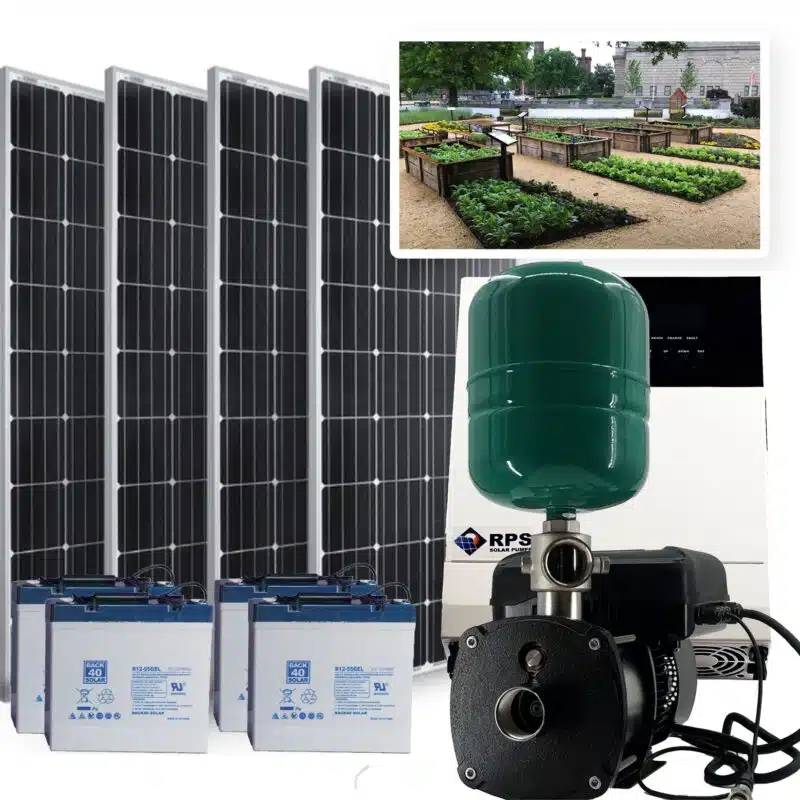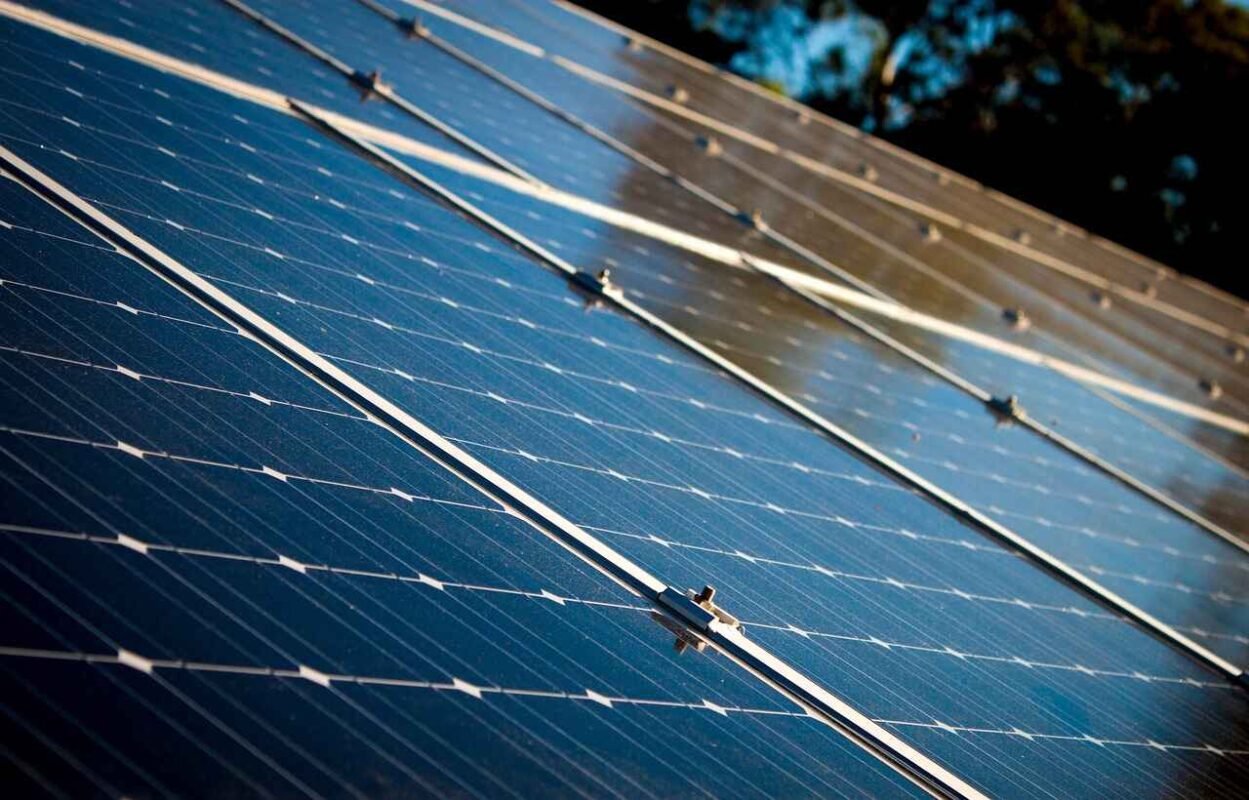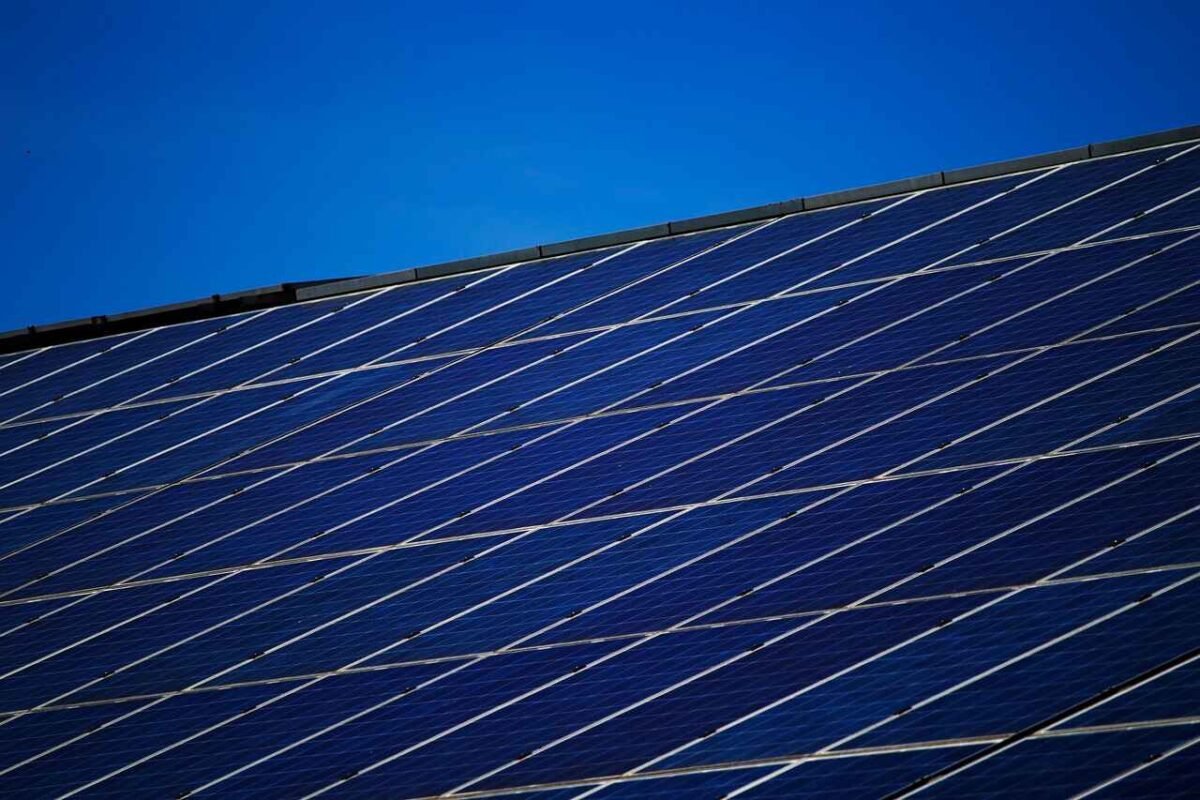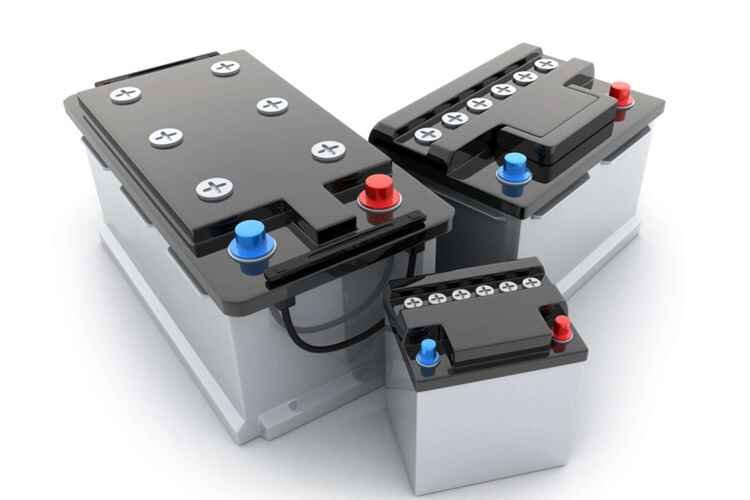Blogs
Renewable Energy in Ghana: Sustainable Power Shift
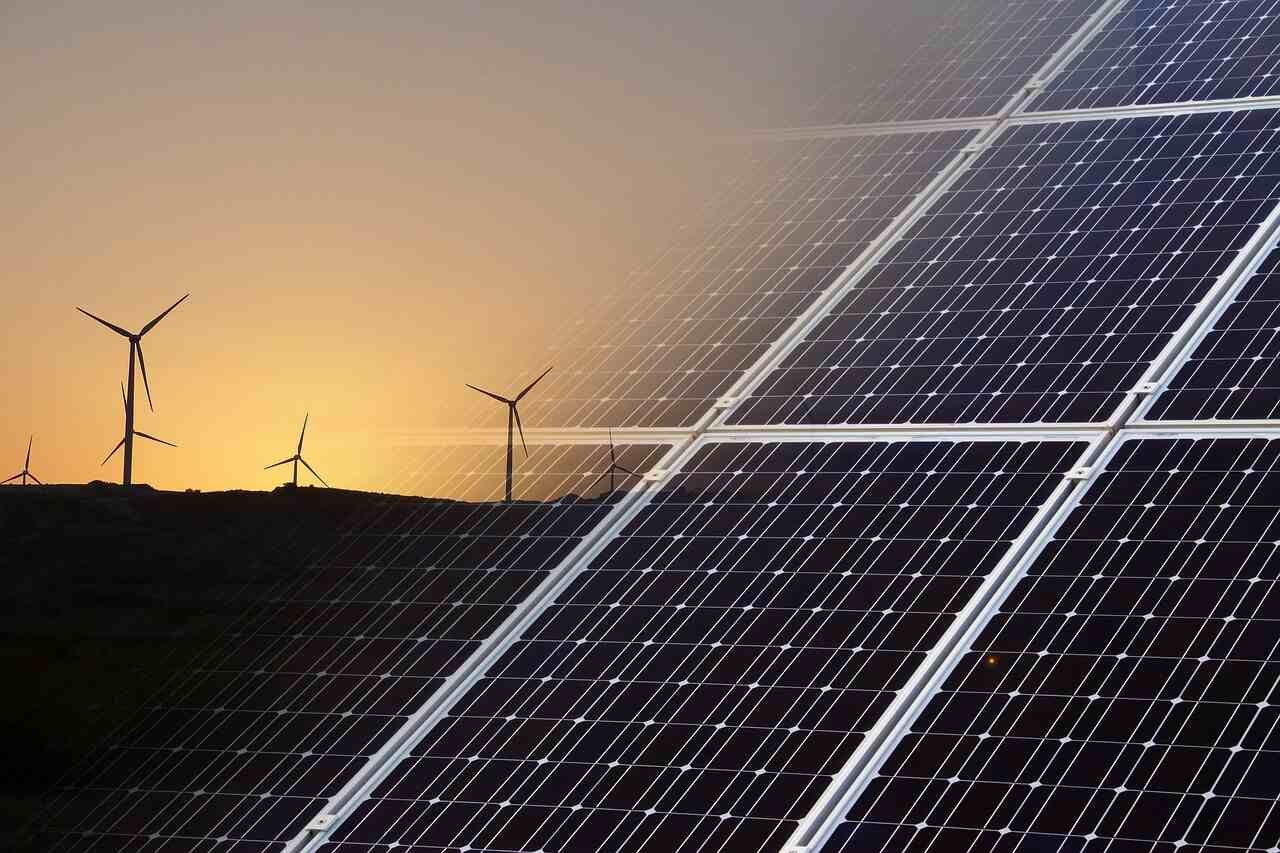
Renewable Energy in Ghana is driving a sustainable power shift, paving the way for a greener and more resilient future.
Ghana’s vibrant landscapes and bustling cities are on the cusp of an energy revolution. With abundant sunlight, strong winds, and vast water bodies, the nation is poised to harness these natural resources for sustainable power. This shift is not just about keeping lights on; it’s about securing a clean, reliable energy source for generations to come.
Renewable energy promises to reduce dependency on fossil fuels, curb pollution, and provide a much-needed economic boost. As the world moves towards a greener horizon, Ghana’s commitment to renewable energy is not just commendable but crucial. Join us as we explore how this West African gem is turning renewable resources into real-world power.
Ghana’s Energy Landscape
Ghana’s Energy Landscape is diverse and evolving. Ghana is working to balance its energy needs. The country is embracing renewable energy. This shift aims to provide stable, clean power.
Current Energy Mix
Ghana’s energy mix is a blend of traditional and modern sources. The country relies on fossil fuels and hydroelectric power. But there’s a growing focus on renewables like solar and wind.
Challenges With Traditional Energy Sources
Traditional energy in Ghana faces issues. High costs and environmental harm are major concerns. These challenges push the shift to renewable energy.
Renewable Energy Potential In Ghana
Ghana stands on the brink of a renewable energy transformation. Rich in diverse renewable resources, the country is poised to make a significant leap towards sustainability. Let’s explore the potential that lies within Ghana’s borders for renewable energy development.
Solar Power Opportunities
Ghana enjoys abundant sunshine. This makes it ideal for solar energy. Solar panels can easily capture this energy. They turn sunlight into electricity. Schools, homes, and businesses can use this clean power. It’s good for the environment and reduces electricity bills.
- Cost-effective: Solar panels save money over time.
- Abundant resource: Sunshine is plentiful in Ghana.
- Environmentally friendly: Solar power does not pollute.
Wind Energy Prospects
Some areas in Ghana have strong winds. These winds can power wind turbines. Wind turbines make electricity. This electricity is clean and renewable. It helps to cut down on pollution.
- Wind farms can be built in coastal areas.
- They provide reliable power.
- Wind energy creates jobs.
Hydropower Resources
Ghana has rivers. These rivers can generate power. This power is called hydropower. It’s a key source of renewable energy for the country. Hydropower is reliable and helps in managing water resources.
| Advantages | Details |
|---|---|
| Renewable | Water cycles back to the earth. |
| Stable | Provides consistent energy. |
Biomass And Biofuel Innovations
Ghana produces agricultural waste. This waste can become energy. This energy type is called biomass. Biomass is good for the environment. It uses waste and turns it into power. It’s a smart way to reduce pollution.
Another source is biofuel. Biofuel comes from plants. Cars can use biofuel instead of petrol. This reduces pollution.
- Turns waste into energy.
- Reduces reliance on fossil fuels.
- Cleans the environment.
Ghana’s journey towards renewable energy is full of promise. Solar, wind, hydropower, and biomass offer paths to a sustainable future. These resources will help Ghana grow while protecting the planet.
Policy Framework For Renewable Energy
The Ghanaian government recognizes the potential of renewable energy. This has led to the development of a robust policy framework. These policies aim to harness renewable resources to improve power supply and reduce environmental impacts. Key strategies focus on fostering investments, technology transfer, and capacity building.
International Partnerships And Support
Ghana actively seeks international partnerships to advance its renewable energy sector. Collaboration with global entities brings technical expertise and financial support. Examples include:
- United Nations Development Programme (UNDP) initiatives
- World Bank funding for solar projects
- Partnerships with countries like Germany for technology exchange
Such international support accelerates Ghana’s renewable energy growth.
Economic Impacts Of Renewable Energy Transition
The shift towards renewable energy in Ghana presents significant economic impacts. This transition not only aids in environmental conservation but also promises substantial economic benefits. Let’s explore how this green evolution is fueling economic growth.
Job Creation And Skill Development
The renewable energy sector is a powerful job creator. As projects take off, demand for labor rises. This includes jobs in manufacturing, installation, and maintenance of renewable energy systems.
- Technicians for solar panel installations
- Wind turbine service technicians
- Energy efficiency consultants
These jobs require new skills, creating opportunities for local communities. Training programs are emerging to equip workers with the necessary expertise. This skill development is vital for long-term economic stability.
Investment And Infrastructure Growth
Renewable energy projects attract local and international investment. This capital inflow drives the growth of related infrastructure. Projects span from solar farms to wind energy facilities.
| Project Type | Investment |
|---|---|
| Solar Power Plants | High |
| Wind Farms | Medium |
| Hydroelectric Facilities | Variable |
These investments boost the economy through the construction phase and beyond. Improved infrastructure supports other industries too. This makes energy access more reliable and affordable.
Case Studies Of Successful Renewable Projects
Ghana is making big strides in renewable energy. We see this through successful projects. These projects shine a light on what’s possible. Let’s dive into some key examples.
Solar Power Installations
Solar energy is growing fast in Ghana. Many homes and businesses now use solar panels. This is good for the environment and cuts electricity costs.
- Navorongo Solar Plant is a big win. It powers many homes.
- Schools and hospitals also benefit from solar projects. This helps communities.
Community-based Hydropower Initiatives
Small towns harness water power. This brings electricity to remote areas. It’s a game changer for many.
- First, communities identify rivers with strong flow.
- Next, they build small dams. These do not harm the environment.
- Finally, turbines convert water flow into power. Lights turn on.
Both solar and hydropower show promise. They bring hope and power to many. Ghana’s future in renewable energy looks bright.
Challenges To Renewable Energy Adoption
Rising to the challenge, Ghana eyes sustainable growth through renewable energy. Yet, hurdles remain. Key among these are financial and technical barriers, along with public perception and awareness. Let’s delve into these roadblocks.
Financial And Technical Barriers
Cost stands tall as a significant hurdle. High upfront expenses deter investments. Renewable tech often comes with a steep price tag. This is a challenge for both individuals and businesses.
Technical expertise is scarce. Installation and maintenance of renewable systems require skilled personnel. Ghana grapples with a gap in such expertise. This stalls progress.
- Initiating projects is costly
- Skilled workforce is limited
- Access to affordable loans is tough
Public Perception And Awareness
Misinformation leads to skepticism. Myths about renewable energy’s effectiveness persist. Without proper knowledge, adoption lags.
Education is key. Awareness campaigns can shift mindsets. They can show the benefits and debunk the myths.
- Spread facts through campaigns
- Engage communities in dialogues
- Showcase success stories
The Role Of Education And Awareness
The Role of Education and Awareness plays a key part in Ghana’s renewable energy journey. Knowledge leads to action. People need to understand why renewable energy is good. This helps everyone work together for a cleaner future.
Educational Programs And Workshops
Educational efforts in Ghana focus on teaching about renewable energy. Schools and communities host programs. These programs show how renewable energy benefits everyone. Workshops help people learn to use solar panels and wind turbines.
- School talks introduce students to renewable energy basics.
- Community workshops offer hands-on experience with green technologies.
- Training sessions for professionals keep skills sharp.
Media And Renewable Energy Promotion
Media plays a big role in spreading the word. TV, radio, and social media share news on renewable energy. They tell success stories. This inspires others to try renewable energy. Media also explains how to start using green energy at home.
- TV programs highlight renewable energy projects.
- Radio shows discuss the benefits and how to switch.
- Social media campaigns raise awareness and share tips.
Future Outlook For Ghana’s Energy Sector
The Future Outlook for Ghana’s Energy Sector shines bright with renewable energy at its core. Ghana is poised to embrace a greener future, with a push towards energy sources that promise to sustain not just the environment but also the economy. Let’s explore what lies ahead.
Projected Growth Of Renewables
Ghana’s commitment to clean energy is set to transform its landscape. By 2030, the nation aims to generate 10% of its energy from renewable sources. This includes solar, wind, and hydro. The government is backing several projects to hit this target.
- Solar power plants are on the rise, tapping into the country’s abundant sunshine.
- Wind farms harness coastal breezes, adding to the energy mix.
- Hydropower continues to expand, with new dams in development.
These efforts will not only boost Ghana’s energy capacity but also create jobs. The renewable sector could become a key driver of economic growth.
Long-term Environmental And Social Benefits
Renewable energy in Ghana means more than just electricity. It brings long-lasting benefits for people and nature. Clean air, water, and soil are just the start.
| Benefit | Impact |
|---|---|
| Cleaner environment | Reduces pollution and preserves biodiversity |
| Health improvements | Lowers disease risk linked to pollution |
| Job creation | Spurs economic growth through new industries |
| Energy security | Less reliance on imported fuels |
Communities will see new schools and clinics, powered by the sun and wind. A cleaner Ghana means healthier lives for all.
Frequently Asked Questions
What Types Of Renewable Energy Are Used In Ghana?
Ghana harnesses solar, wind, hydro, and biomass for renewable energy. Solar power is increasingly popular due to the country’s sunny climate. Hydroelectric power, from dams like the Akosombo Dam, is the most established form of renewable energy in Ghana.
How Does Ghana Benefit From Renewable Energy?
Renewable energy reduces Ghana’s carbon footprint and dependency on imported fuels. It creates jobs in the renewable sector and brings electricity to remote areas. Additionally, it supports sustainable economic growth by ensuring a reliable and clean energy supply.
What Are Ghana’s Renewable Energy Goals?
Ghana aims to increase its share of renewable energy to 10% of its total energy mix by 2030. This includes expanding solar, wind, and biomass energy capacities to ensure a sustainable, secure, and affordable energy supply across the country.
Conclusion
Ghana’s journey toward renewable energy is on the move. This shift promises cleaner air and more jobs. Solar, wind, and hydro power are growing fast. Communities benefit from reliable, green power. Cost savings are clear with time. Let’s keep supporting this vital change.
Our planet and future generations will thank us. Join the shift. Embrace clean energy. Make a difference for Ghana, and the world.







